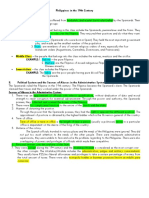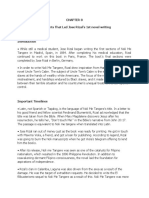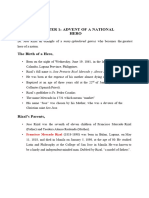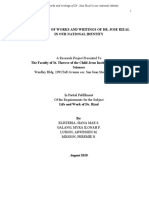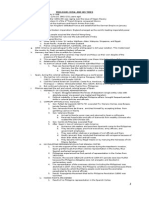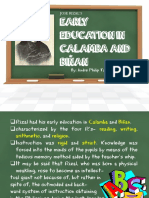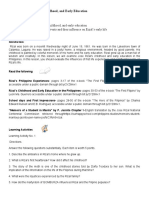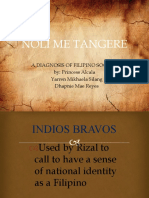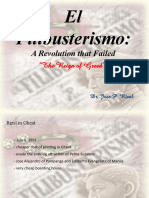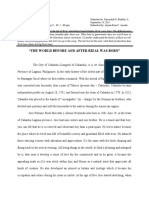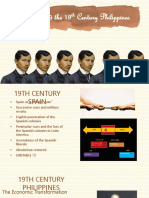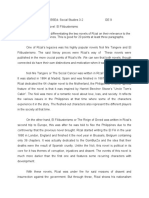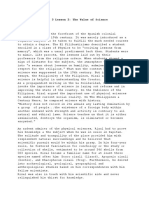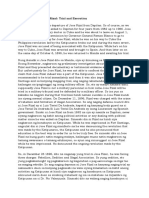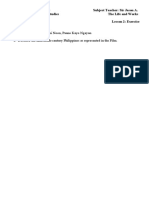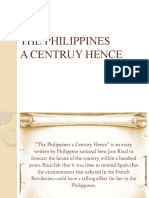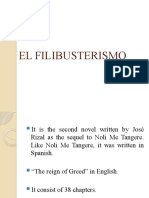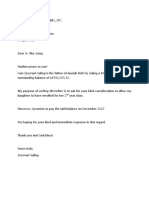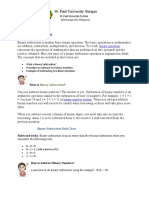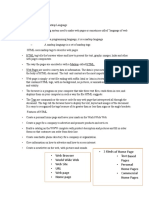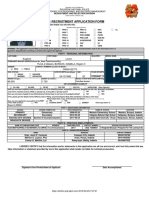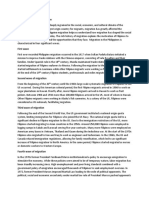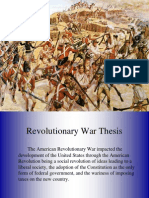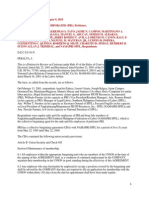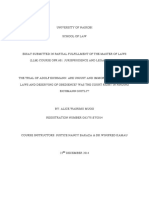0% found this document useful (0 votes)
876 views33 pagesThe World: When Rizal Was Born
1) The 19th century Philippines was under an unjust and oppressive Spanish colonial rule. Filipinos faced many abuses including no representation in government, forced labor, racial discrimination, and a corrupt political and judicial system.
2) Spanish colonial administration was unstable, with frequent changes in governors that disrupted policies. Colonial officials were often corrupt and regarded Filipinos as inferior.
3) Society was feudal, with Spaniards at the top and Filipinos as the oppressed base. The educational system focused on religion over academics and aimed to keep Filipinos isolated and uninformed.
Uploaded by
Keziah AliwanagCopyright
© © All Rights Reserved
We take content rights seriously. If you suspect this is your content, claim it here.
Available Formats
Download as PPTX, PDF, TXT or read online on Scribd
0% found this document useful (0 votes)
876 views33 pagesThe World: When Rizal Was Born
1) The 19th century Philippines was under an unjust and oppressive Spanish colonial rule. Filipinos faced many abuses including no representation in government, forced labor, racial discrimination, and a corrupt political and judicial system.
2) Spanish colonial administration was unstable, with frequent changes in governors that disrupted policies. Colonial officials were often corrupt and regarded Filipinos as inferior.
3) Society was feudal, with Spaniards at the top and Filipinos as the oppressed base. The educational system focused on religion over academics and aimed to keep Filipinos isolated and uninformed.
Uploaded by
Keziah AliwanagCopyright
© © All Rights Reserved
We take content rights seriously. If you suspect this is your content, claim it here.
Available Formats
Download as PPTX, PDF, TXT or read online on Scribd
/ 33
